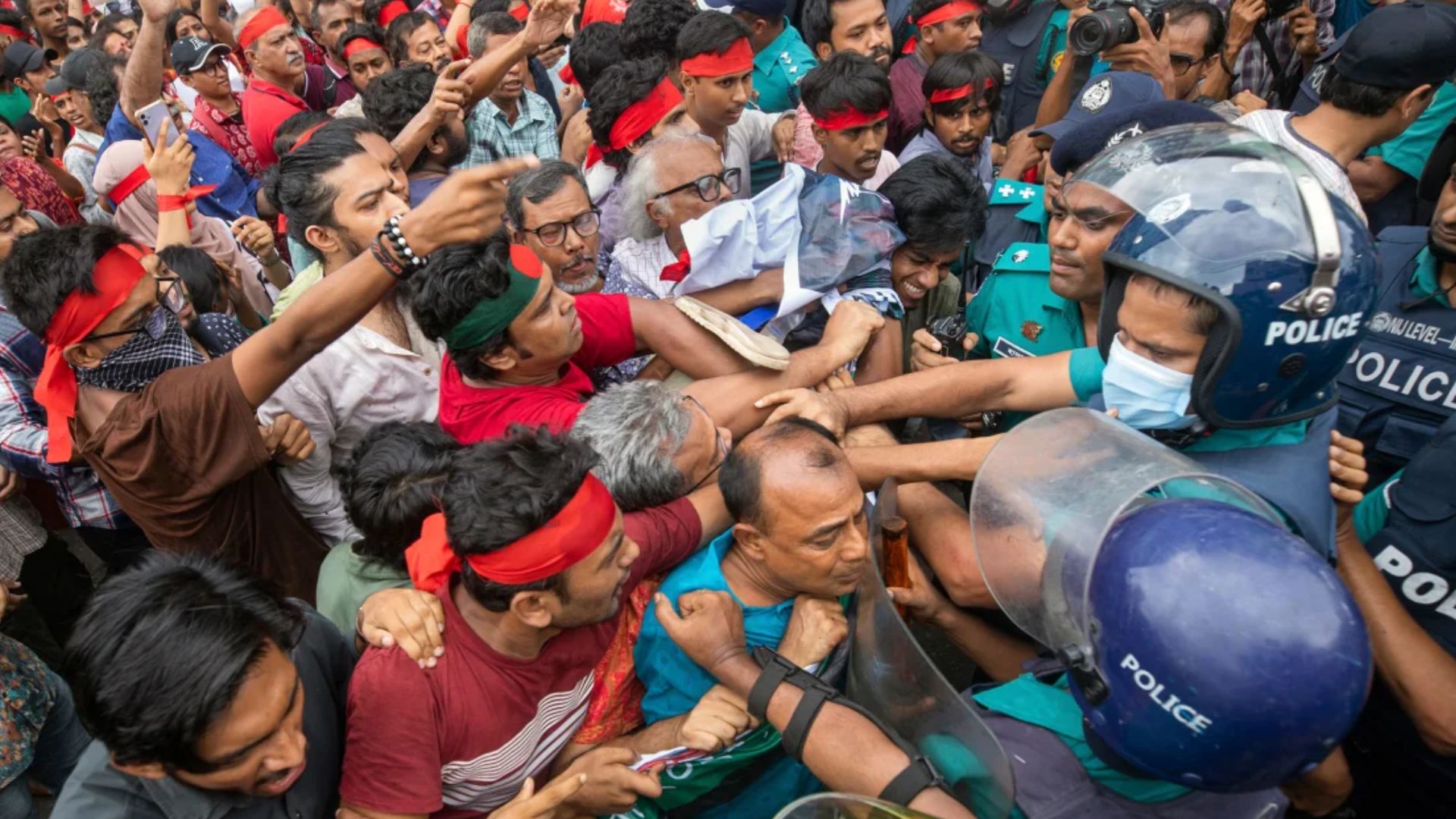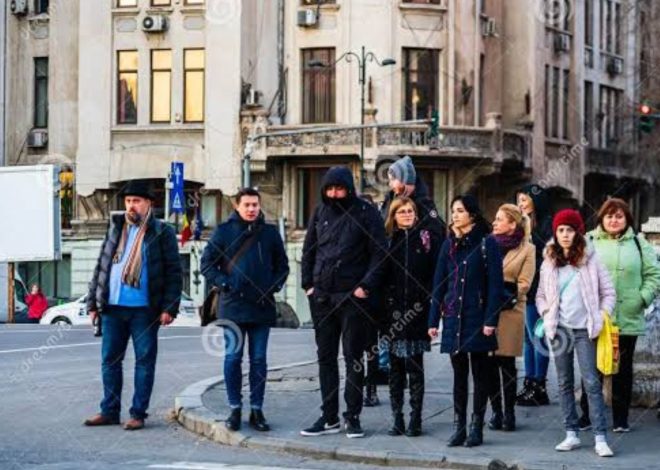
Bangladesh Bans Jamaat-e-Islami Party Amid Violent Protests
On Thursday, the government of Bangladesh declared the Jamaat-e-Islami party, along with its student organization Islami Chhatra Shibir and other affiliated groups, as ‘militant and terrorist’ entities. This action is part of a broader initiative in response to weeks of intense protests that resulted in over 200 fatalities and thousands of injuries.
Prime Minister Sheikh Hasina and her political allies have accused Jamaat-e-Islami and its student wing of provoking violence during recent demonstrations concerning a quota system for government employment. The Ministry of Home Affairs in Bangladesh announced the ban under the provisions of an anti-terrorism statute.
Violent Protests and Casualties
Since mid-July, the violence has escalated, leading to at least 211 deaths and more than 10,000 arrests nationwide. The government has perpetrated massacres through party affiliates and state security forces to stifle the students’ grassroots movement, according to Jamaat-e-Islami leader Shafiqur Rahman.
Jamaat-e-Islami Party Response
In response to the ban, Shafiqur Rahman issued a statement on Thursday denouncing the government’s decision as unconstitutional and refuting allegations of the party’s involvement in the recent unrest. He claimed that educators, cultural figures, journalists, and professionals from various fields are expressing their dissent against this government-led genocide.
Ongoing Tensions and Crackdown
The ban on Jamaat-e-Islami and its affiliates is part of a nationwide crackdown following weeks of violent protests. Prime Minister Sheikh Hasina and her allies have pointed fingers at the party, accusing it of provoking violence.
The situation in Bangladesh remains tense, with ongoing protests and a government crackdown on dissent. The ban on Jamaat-e-Islami and its student wing is a significant development in the country’s political landscape, with potential implications for the future of democracy and human rights in Bangladesh.
The situation in Bangladesh remains tense, with ongoing protests and a government crackdown on dissent. The ban on Jamaat-e-Islami and its student wing is a significant development in the country’s political landscape, with potential implications for the future of democracy and human rights in Bangladesh.
Continue reading: South Korea offers relief aid amidst North Korea flooding crisis


